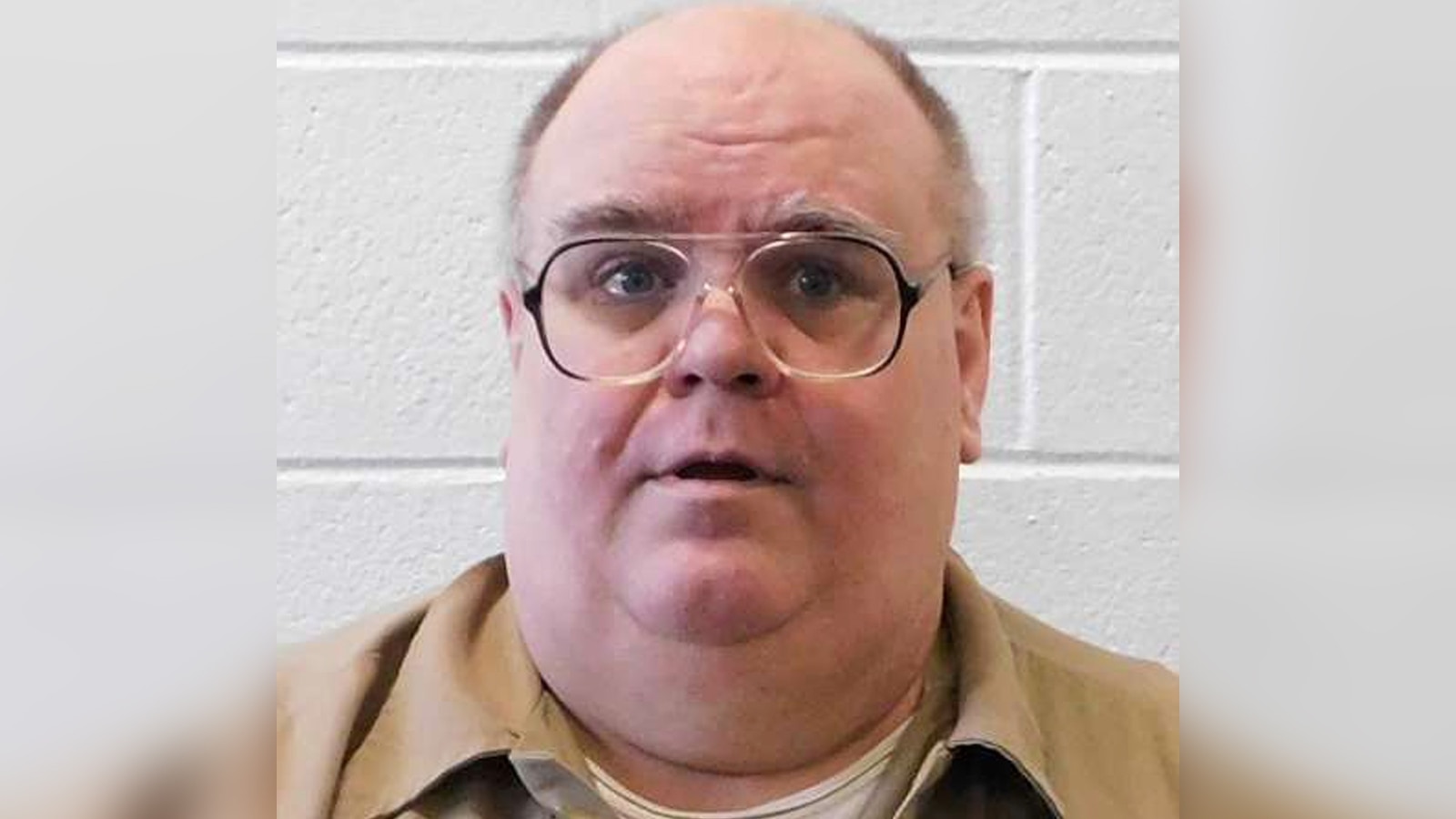Alabama is set to perform the second-ever nitrogen gas execution in the United States on Thursday.
Alan Eugene Miller, 59, was sentenced to death for the 1999 murders of his then-coworkers Lee Holdbrooks and Christoper Scott Yancy, and his former supervisor Terry Lee Jarvis.
Miller was to be executed in September 2022 via lethal injection, but it was called off after officials had trouble inserting an intravenous line to administer the fatal drugs and were concerned they would not be able to do so before the death warrant expired.



In the case of the first nitrogen execution, they did dick all to vent away the carbon dioxide he was exhaling, so it eventually saturated the gas he was able to breathe and his lungs wouldn’t have been able to get rid of any more. When you hold your breath, the discomfort and urge to breathe again comes from the CO2 buildup rather than the lack of oxygen.
If the exhaled gas gets vented properly, then there’s no discomfort. That they didn’t get this part right for the execution suggests malice, or at the very least extreme negligence because it doesn’t take expertise to understand this, just a little bit of depth in knowing how suffocation works. Which you’d figure people designing and carrying out an execution would seek.
A big part of it was scientific illiteracy. There was talk at the time about “protecting the prison officers from exposure to the gas”.
They were treating it like a poison.
Which adds stupidity to the malice.
Assuming that “concern” was in good faith in the first place. I believe it was a bad faith pretext for not venting the gas because it’s a well known fact that nitrogen makes up a significant portion of the atmosphere. If they were really worried about the nitrogen displacing enough oxygen to be dangerous, I can think of several ways to eliminate that risk even if I play along and accept that it’s possible.
Instead they went with the stupidest and most cruel option. Make sure there’s no ventilation on the mask, and that it had a tight seal before turning on the gas. A gas they were treating like a deadly poison.
And since there was no ventilation at all, there was no gas flow. There was no oxygen displacement. Just the CO2 buildup.
deleted by creator